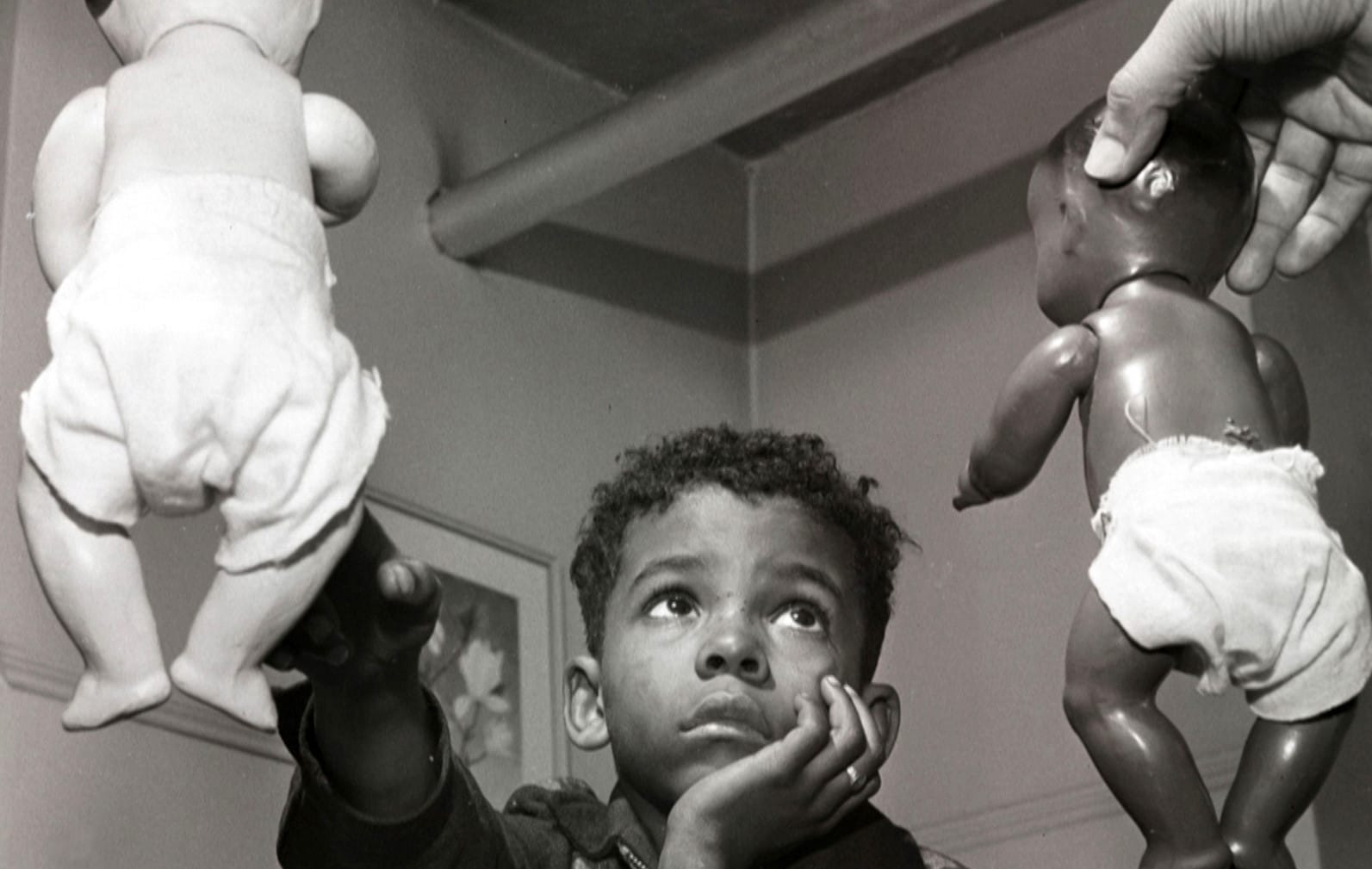Historic Clark Doll Stands as Testament to Segregation's Impact on Children in Topeka

TOPEKA, Kan. — A small plastic doll with dark skin sits behind glass at the Brown v. Board of Education National Historic Site, representing one of the most significant psychological studies in civil rights history.
The Clark Doll, used by psychologists Kenneth and Mamie Clark during groundbreaking research in the 1940s, remains on permanent display as museums across the United States grapple with preserving artifacts that document the nation's civil rights era.
The Clarks' doll test studies examined how segregation affected Black children's self-perception and racial identity. Their research became crucial evidence in the landmark 1954 Supreme Court case that declared racial segregation in public schools unconstitutional.
During their experiments, the psychologists presented Black children with two dolls—one with light skin and one with dark skin—and asked them questions about which doll they preferred or which looked "nice." The studies revealed that many Black children preferred the light-skinned doll, suggesting that segregation had damaged their self-esteem and racial identity.
The doll now housed in Topeka represents this pivotal research that helped overturn the "separate but equal" doctrine established in Plessy v. Ferguson.
"These artifacts help explain our story as a community, as a culture, as a society to those who may not have lived through it," said Amber Mitchell, curator of Black history at The Henry Ford museum in Michigan, speaking about civil rights artifacts generally.
The Clark Doll joins other significant civil rights artifacts preserved in museums nationwide, including Rosa Parks' bus at The Henry Ford, stained glass shards from the bombed 16th Street Baptist Church in Birmingham at the Smithsonian, and fountain pens used to sign the Civil Rights Act of 1964.
The Brown v. Board site in Topeka, operated by the National Park Service, continues to display the doll as federal agencies face new directives about addressing race in American history. The Trump administration has issued executive orders aimed at removing what it calls "divisive" ideology from federal properties.
Museum officials emphasize their commitment to factual historical education. The artifacts serve as tangible connections to a transformative period in American history, when psychological research helped dismantle legal segregation.
The Clark Doll study's impact extended far beyond the courtroom. It demonstrated how institutional racism affected children's psychological development and became a foundational piece of evidence for the civil rights movement's legal strategy.
Visitors to the Topeka historic site can view the doll as part of exhibits explaining the case that changed American education and society. The artifact continues to educate new generations about the psychological harm caused by segregation and the scientific evidence that helped end it.
